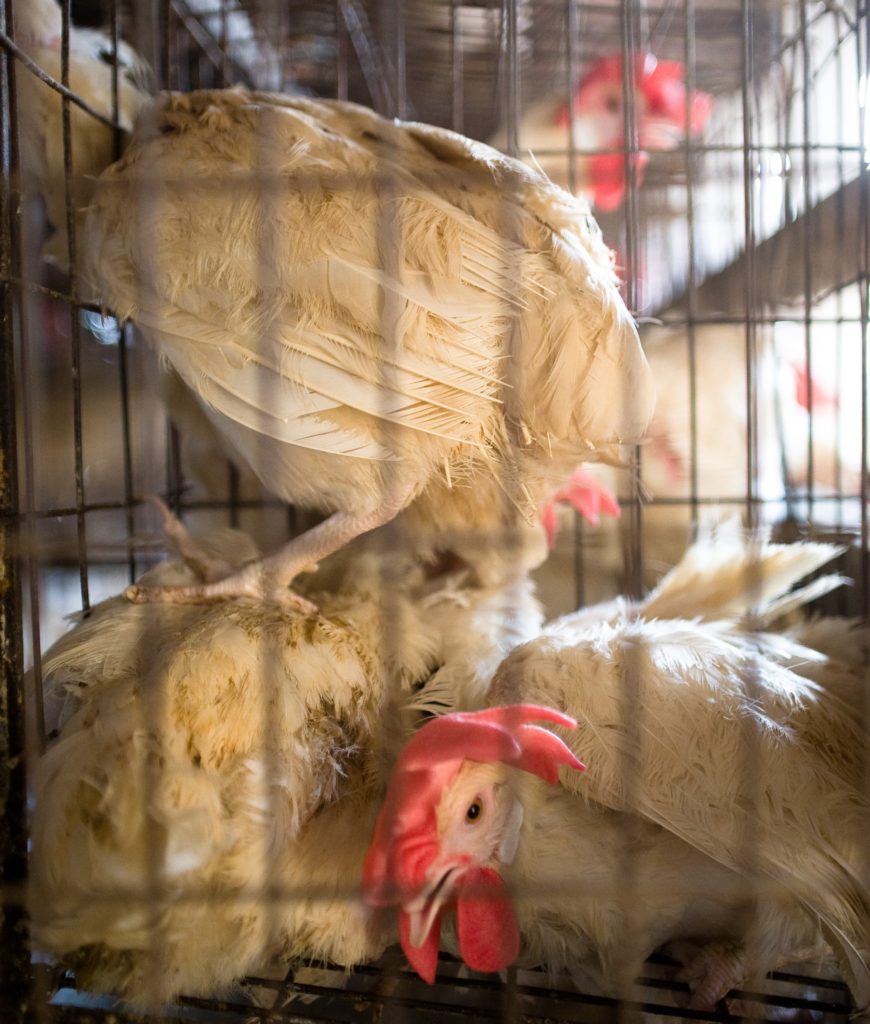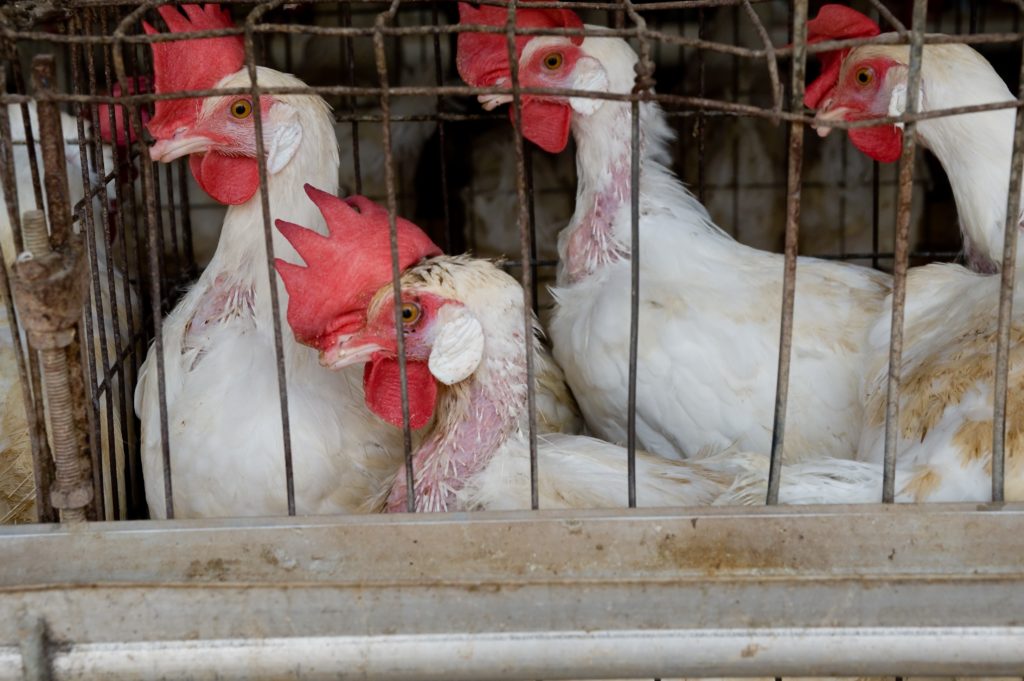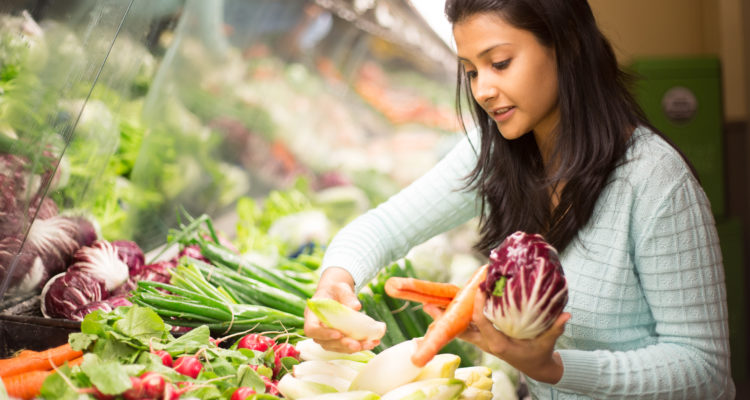◊ By Aishwarya Nagula
Visit ORGANIC SHOP by Pure & Eco India
The world is focused on finding alternatives to fossil fuels to combat climate change, overlooking an equally responsible culprit: animal agriculture. Animal agriculture has a colossal effect on the environment– it is responsible for 14.5% of all greenhouse gas emissions. It contributes to land and water degradation, deforestation, biodiversity loss, and ocean dead zones. The production of meat, dairy, and eggs is also extremely resource-intensive, using up one-third of the Earth’s land and water resources. Additionally, cutting out meat, dairy, and eggs, have proven health benefits – such as reducing the risk of several life-threatening illnesses, like cancer, heart disease, diabetes, obesity and more. By choosing plant-based food every time we sit down to eat, we can add a little more time, not just to our lives, but to the planet’s as well.
WHAT IS A PLANT-BASED DIET?
As the name suggests, a plant-based diet consists of foods that are sourced from plants. Vegetables and fruits, as well as, nuts, seeds, oils, whole grains and beans, are all plant-based food.
WHY SHOULD YOU SWITCH?
Several studies have been conducted to measure the impact of our food choices on the environment and our health. These have indicated that plant-based food is far more beneficial to the planet and healthier for us. Global research bodies such as EAT Lancet and FAO recommend a reduced intake of animal-based food, and an increased consumption of plant-based food to maintain a sustainable food supply. Studies have also found that the high fiber content in foods such as fruit, vegetables, nuts, and whole grains along with the exclusion of processed foods is a winning combination for weight loss and prevention of heart disease, cancer, cognitive decline and diabetes. Countries such as Canada, China, Israel, among others have even developed dietary guidelines that advocate replacing animal-based foods with whole, plant-based foods.
There is a growing resistance to the immense animal suffering caused in intensive animal agriculture. Around the world, billions of animals – egg-laying hens and pregnant sows are reared in battery cages, and gestation crates, respectively. The intensive confinement of these production systems prevents the animals from fully extending their limbs, or engaging in important natural behaviours. Extensive scientific evidence has shown that animals confined within these barren housing systems, experience significant and prolonged physical and psychological traumas.
For example, a majority of India’s egg-laying hens are confined to ‘battery cages’, each having an area of less than an A4 sized sheet of paper. These hens cannot even stand up straight or spread their wings, let alone show any behaviours that are natural and essential for their well-being. The awareness of industrial practices and the treatment of animals therein is leading an increasing cohort of conscious consumers to eliminate animal products from their diets.

Each egg-laying hen in a battery cage is only given 67 square inches of space to live her entire life in, which is less than the size of an A4 sheet of paper

HOW DOES ONE ADOPT A PLANT-BASED DIET?
Do it step by step: There is no need to make drastic changes to your lifestyle in order to go plant-based. Try out good easy recipes and transition at a pace that is comfortable for you. Easing into this lifestyle will help you ensure sustainability and appreciate all its benefits.
Plan ahead: Planning your meals will help you tremendously in your journey to go plant-based. Programmes such as Meatless Mondays, (skipping meat, dairy, and eggs one day a week) are gaining significant traction even amongst institutional consumers. You can even go one step further and encourage your friends, family and colleagues to incorporate these programmes. Collectively, we can make a massive impact.
Customise your order at your favourite restaurant: Eating plant-based is only getting easier! Thanks to its popularity, it is easy to find whole-food, plant-based meals on restaurant menus. Whether you are out eating at your favourite restaurant or trying a new place, ask for meat, eggs and dairy-free options. Swapping nut milk for dairy, leaving out the cheese, etc, are options provided by most foodservice businesses.
Learn about substitutes and alternatives: Several alternatives to meat, dairy, and eggs are easy to make at home. A diverse range of plant sources can be used to make plant-based milk—nuts such as almond and peanuts, cereals such as rice, and oats, soy, and coconut.
Alternatives for eggs, such as flax seeds, aquafaba, and banana, among others, are becoming increasingly popular. Moreover, several plant-based milk companies such as Good Mylk, Nutriva, Soymilky, and plant-based meat companies such as Good Dot, Vezlay, and more, are catering to the Indian market.
Try it with a friend: You can go shopping for local produce and join pot-lucks. It’s always more fun when you make it a group activity with friends. Cooking your own meals has an added plus – you know that everything that you put into your plant-based meal is significantly better than what you previously consumed. Look at it as your contribution not just to your health, but also to the health of animals and the future. All while having fun!
Educate yourself: Going plant-based is a transformative decision, so know why you are doing it. Gain perspective on how and why this is good for you. Get fuller helpings, while doing your bit to save the planet.
Every time I make a plant-based choice, I am standing up for billions of animals and our planet.
SIMPLE PEANUT MILK RECIPE
Ingredients:
Raw peanuts – 1 cup
Water – 700 ml
Method:
Soak the peanuts overnight in water. Drain and wash them the next day.
Boil the peanuts until soft. Tip the boiled peanuts into the blender and add the water. Blend until smooth. Strain the mixture through a thin cloth. Use instead of dairy milk.
Pro tip: Save the remaining peanut pulp for another recipe!
ABOUT THE AUTHOR

The author is Campaigner – Farm Animal Protection at HSI/India.



THE PEANUT MILK WORKED. THANKS A LOT. Also great article, very succinct and not coercive like some articles. Makes me want to move towards plant based food without the article being pushy👍🏻
Really eye-opening to know that going vegan is beneficial to the planet as well as my health! Thanks for the read!
I am not a vegan, but this article is very enlightening.
I nvr looked at it so mch frm environement perspective. Good job!
You should also emphasis on organic food
Wonderful article. I am not a vegan but after reading your article i could feel even I can help the planet and myself.
I like the peanut milk.
The food on the plate speaks lot about who we are, and is symbolic of love when words are inadequate, we all can always try, keep sharing your love and be kind…
Nice article Aishu. A perfect detail about being vegan or vegetarian. Congrats
Extremely informative article. Thank you for highlighting the impactful changes one can contribute in by adopting a healthy diet.
Now I understand that the food choices will affect the environment, and I am planning to change. A plant based diet is tough for many, but I am inspired.